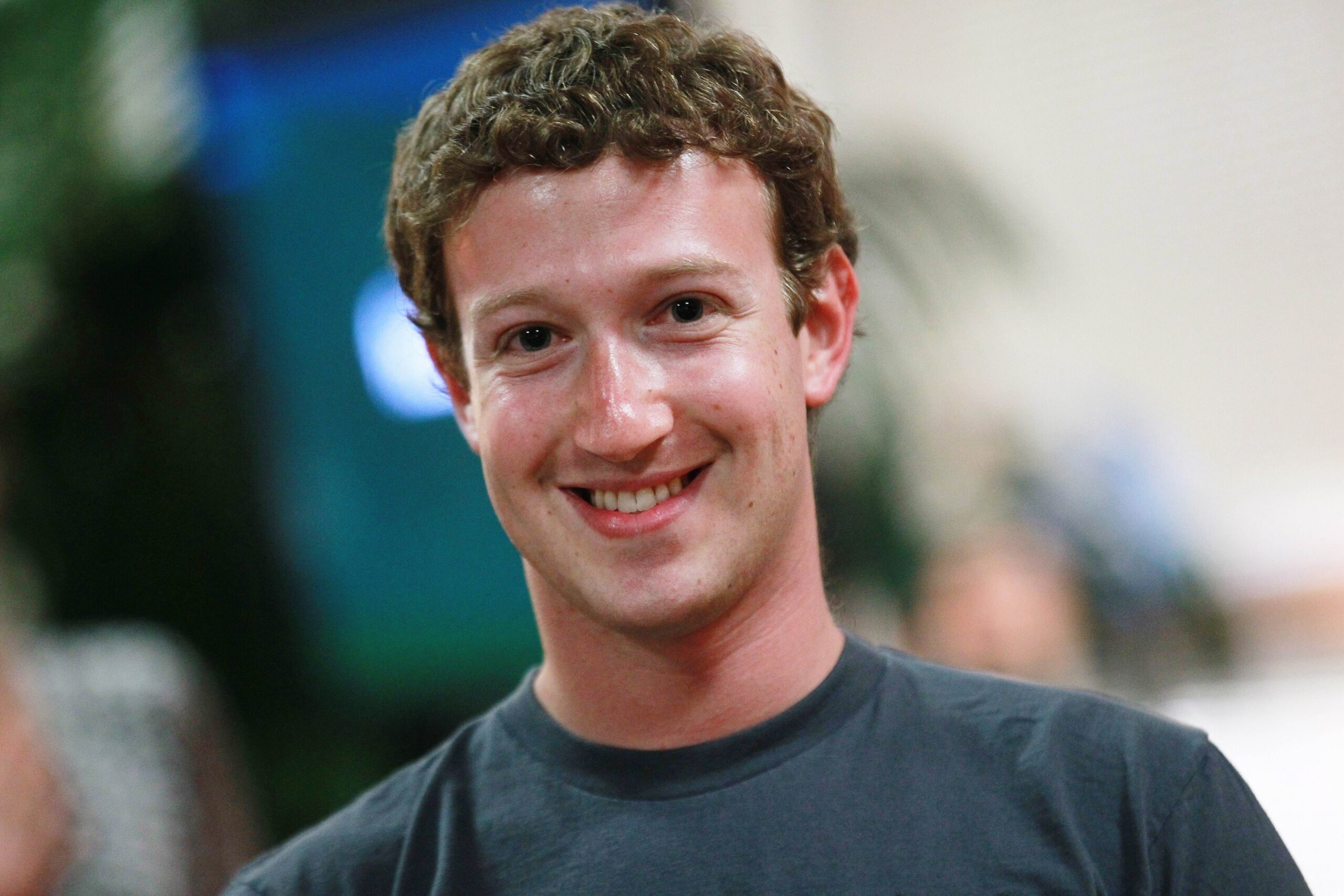Mark Zuckerberg Contemplated Instagram Spin-Off Amid Antitrust Fears

During a recent trial in Washington, Meta CEO Mark Zuckerberg revealed that he considered spinning off Instagram in 2018 due to escalating antitrust concerns. This disclosure came on the second day of his testimony in a high-stakes case where the U.S. Federal Trade Commission (FTC) is attempting to reverse Meta’s acquisitions of Instagram and WhatsApp. Zuckerberg’s internal memo highlighted the potential risks and benefits of such a drastic move.
Internal Memo Highlights Antitrust Concerns
Zuckerberg’s memo, presented in court, indicated that he was seriously contemplating the separation of Instagram from Meta. He expressed concerns about the growing scrutiny from regulators, suggesting that the company might need to consider “the extreme step of spinning Instagram out as a separate company.” At that time, Meta was exploring ways to reorganize its social media platforms and enhance integration among its apps. Despite the potential benefits of consolidation, Zuckerberg warned that it could diminish the value of Facebook, the flagship app of Meta.
Ultimately, Meta decided against the spin-off and moved forward with plans to integrate its apps in 2019. However, the fact that Zuckerberg even entertained the idea underscores the seriousness with which he viewed the looming threat of antitrust actions. He noted in his memo that there was a “non-trivial chance” that future political changes could force the company to divest Instagram and WhatsApp. This foresight reflects the increasing pressure on tech giants to address monopoly concerns.
FTC’s Case Against Meta
The FTC’s lawsuit against Meta, initiated in 2020 during the Trump administration, accuses the company of monopolizing platforms for sharing content. The agency argues that Meta’s primary competitors in the U.S. are limited to Snapchat and the smaller privacy-focused app MeWe. The FTC contends that platforms like TikTok, YouTube, and Reddit serve different purposes and are not direct competitors to Meta’s offerings.
This case is viewed as a significant test of the government’s commitment to regulating Big Tech. Zuckerberg’s testimony supports allegations that Meta has employed a “buy or bury” strategy to eliminate potential rivals. He acknowledged that Instagram’s superior camera capabilities influenced Meta’s decision to acquire the platform rather than develop its own competing app. This admission aligns with the FTC’s claims that Meta has stifled competition to maintain its market dominance.
Zuckerberg’s Reflections on Meta’s Strategy
During his testimony, Zuckerberg reflected on the challenges of building new applications, admitting that many of Meta’s attempts have failed to gain traction. He stated, “Building a new app is hard, and many more times than not when we have tried to build a new app, it hasn’t gotten a lot of traction.” This acknowledgment raises questions about Meta’s innovation strategy and its reliance on acquisitions to bolster its portfolio.
Despite the scrutiny, Meta argues that the FTC’s definition of the social media market is flawed and fails to recognize the intense competition from platforms like TikTok and YouTube. The company maintains that its past intentions regarding acquisitions are irrelevant to the current case. As the trial unfolds, the implications for Meta and the broader tech industry remain significant, with potential consequences for how regulators approach antitrust issues in the future.
Observer Voice is the one stop site for National, International news, Sports, Editor’s Choice, Art/culture contents, Quotes and much more. We also cover historical contents. Historical contents includes World History, Indian History, and what happened today. The website also covers Entertainment across the India and World.

